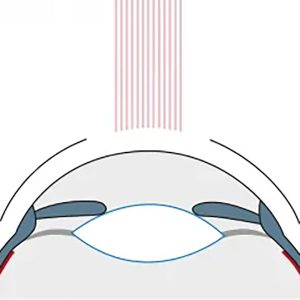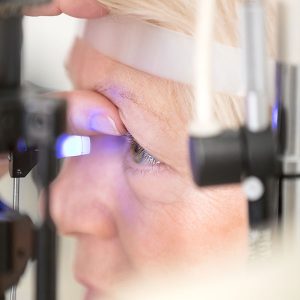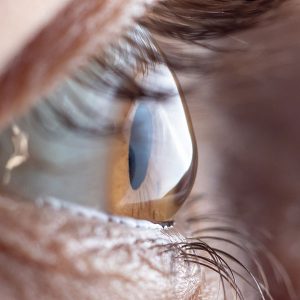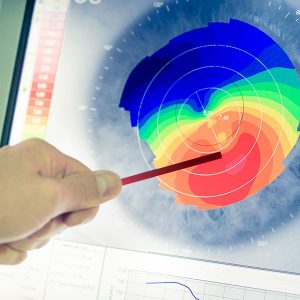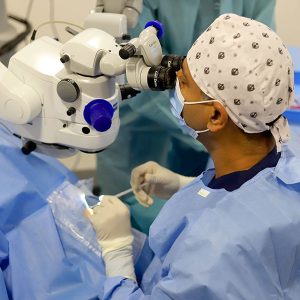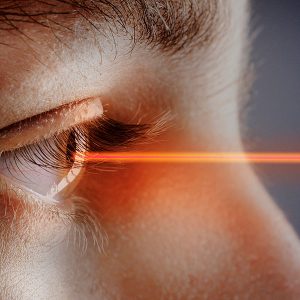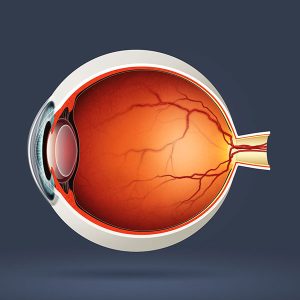Age-related macular degeneration (AMD) is a problem with your retina. It happens when a part of the retina called the macula is damaged. With AMD you lose your central vision. You cannot see fine details, whether you are looking at something close or far. But your peripheral (side) vision will still be normal. For instance, imagine you are looking at a clock with hands. With AMD, you might see the clock’s numbers but not the hands.
Two types of AMD
Age-Related Macular Degeneration Treatment
Dry AMD treatment
Currently there is no treatment for dry AMD. However people with lots of drusen or serious vision loss might benefit from taking a certain combination of nutritional supplements. A large study (AREDS and the later AREDS 2 study) found those people may slow their dry AMD by taking these vitamins and minerals daily:
- Vitamin C (500 mg)
- Vitamin E (400 IU)
- Lutein (10 mg)
- Zeaxanthin (2 mg)
- Zinc (80 mg)
- Copper (2 mg)
Your ophthalmologist can tell you if vitamins and minerals are recommended for your dry AMD, as not all forms will benefit from the AREDS supplements. Beta carotene should not be used by smokers as it raised the risk of lung cancer.
Eye-healthy foods
Dark leafy greens, yellow fruits and vegetables, fish, and a balanced, nutrient-rich diet have been shown beneficial for people with AMD.
To help treat wet AMD, there are medications called anti-VEGF drugs. Anti-VEGF treatment helps reduce the number of abnormal blood vessels in your retina. It also slows any leaking from blood vessels. This medicine is delivered to your eye through a very slender needle.
Your Personalised Procedure
To determine which procedure is right for you, a comprehensive assessment is conducted utilizing state-of-the-art technology. Based on the thorough diagnostic assessment, your surgeon will tailor a treatment plan to match the right procedure for your unique vision needs.



